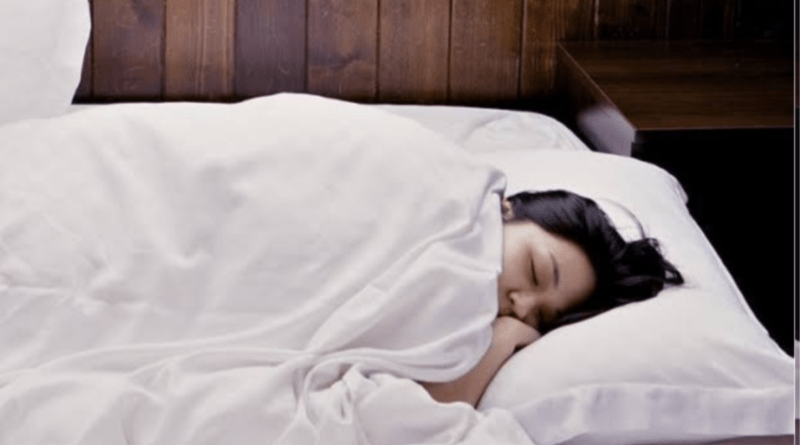You need to know: the link between napping and Alzheimer’s
There is evidence to suggest that napping may become more common in people with Alzheimer’s disease, which could exacerbate the disease’s symptoms.
It was shown that although taking naps normally gets easier as people get older, Alzheimer’s disease more than doubles this annual rise in frequency or length of naps.
Similarly, a year later, there were correlations between the rise of naps brought on by Alzheimer’s and deteriorating cognitive capacities.
Continue reading to find out more about the connection between napping and Alzheimer’s, including whether or not it can be a symptom, whether or not napping can cause Alzheimer’s, and how much sleep is recommended for those who have the condition.
Is taking naps a symptom of Alzheimer’s?
If excessive sleeping is accompanied by other possible symptoms, such as memory loss, it may indicate Alzheimer’s disease.
A fourteen-year investigation A study conducted by Trusted Source, involving 1,401 participants, discovered that while napping increased with age in all persons, the frequency and duration of daytime naps doubled with the progression of Alzheimer’s disease.
Can taking naps lead to Alzheimer’s?
Excessive napping may be a risk factor for Alzheimer’s disease, however napping alone does not cause the disease. This implies that while it may increase a person’s chance of getting the illness, it does not ensure it.
A 2019Trusted Source study included 2,751 older men found that those who slept for at least 120 minutes a day had a 66% higher risk of cognitive deterioration over the following 12 years compared to those who slept for less than 30 minutes.
Alzheimer’s illness may get worse before it gets better.
How many naps does the average adult take?
A review for 2020According to a reliable source, elderly folks are more likely than younger adults to take naps. Thus, it is quite normal for an older person to begin taking more naps as they get older.
An earlier study from 2016Trusted Source discovered that 28.6% of British individuals across all age groups napped. Both people over 65 and those under were represented in the sample.
But according to another 2016 studyAn hour-long nap is taken by 57.7% of older individuals in China, according to a reliable source. This figure is significantly higher than the general population.
How much sleep is recommended for those with dementia?
The majority of adults, especially those who are older, need to sleep for seven to nine hours every night. This also applies to dementia patients.
On the other hand, people with Alzheimer’s disease may have unusual sleep schedules. It could make someone feel too tired throughout the day or overly awake at night.
The following is advised by the National Institutes of Health (NIH)Trusted Source to improve sleep quality for those with Alzheimer’s disease:
Physical activity: Make an effort to assist the person in getting daily exercise and outdoor time. Plan hectic activities to take place after a person goes to bed. For instance, lunchtime rather than evening can be the designated time for socializing or consuming the main meal of the day.
Limit your caffeine intake: Make the switch to decaffeinated tea, coffee, or soda.




